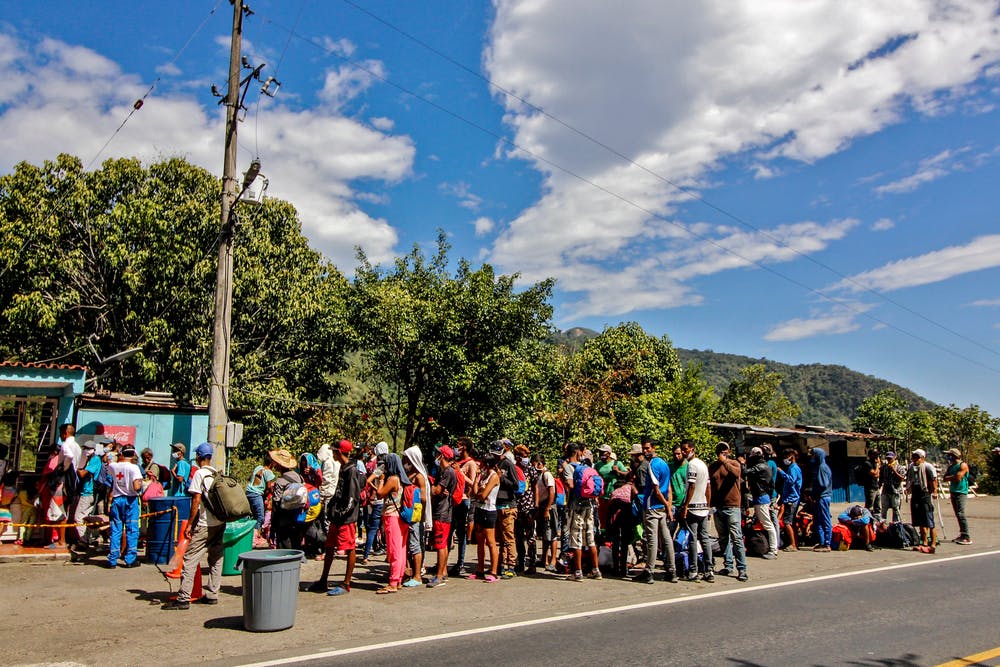RIO DE JANEIRO, BRAZIL – On Wednesday, August 4, Panama, Ecuador, Costa Rica, and Colombia agreed to carry out a joint effort to ensure the protection of the human rights of migrants, especially those of children, adolescents, women, and the elderly.
This is what the ombudsmen of Colombia, Carlos Camargo; of Panama, Eduardo Leblanc; of Costa Rica, Catalina Crespo Sancho -who is also the president of the Central American Council of Human Rights Ombudsmen and Defenders-, and of Ecuador, Zaida Elizabeth Rovira Jurado, said in a declaration signed in Capurganá, Colombia.

The defenders met to address the situation of thousands of migrants stranded in the town of Necoclí, which is part of the northwest Colombian department of Antioquia.
The document states that the agencies will work “jointly on strategies for prevention, detection, specialized care for migrants who have been victims of sexual violence, child labor, human trafficking, migrant smuggling, labor exploitation and other forms of violation.”
They will also promote humanitarian measures to overcome risk factors in the most dangerous areas, focusing on “comprehensive protection of children and adolescents, especially unaccompanied children”.
Likewise, they will convene a Network of National Human Rights Institutions (RINDHCA) meeting to present this issue, based on their mandate to defend rights.
In addition, they will seek to harmonize efforts with the Central American Council of Human Rights Ombudsmen and Human Rights Institutions of Mexico to establish a regional coordinated work mechanism including the Ombudsmen’s Offices of Colombia and Ecuador in this process.
They also reaffirmed their commitment to ensuring the protection of the human rights of migrants, especially those of children, adolescents, women, persons of diverse sexual orientation and gender identity, and the elderly.
They also expressed concern for some 10,000 migrants from Africa, Asia, Cuba, and Haiti, currently in the Colombian municipality of Necoclí
Last week the mayor of Necoclí, José Augusto Tobón, said that the municipality has collapsed under an unprecedented migration crisis. Some 9,000 people are seeking to reach Panama on their way to North America.

